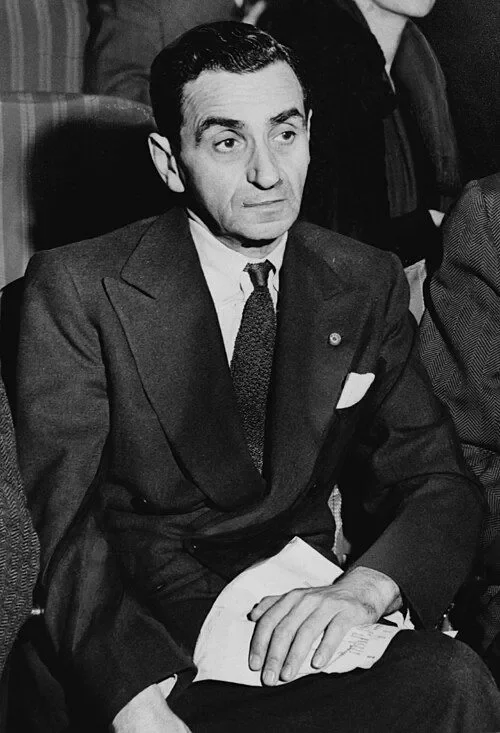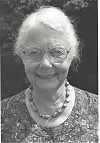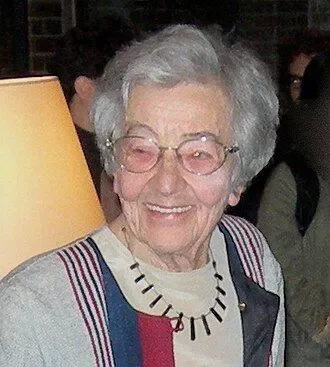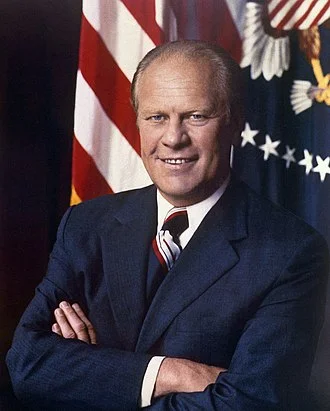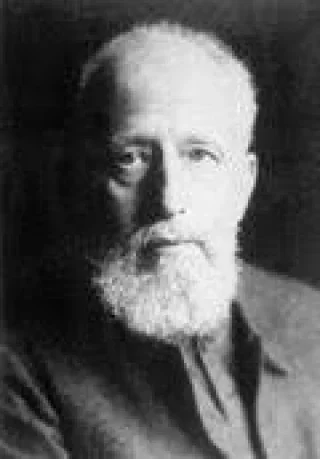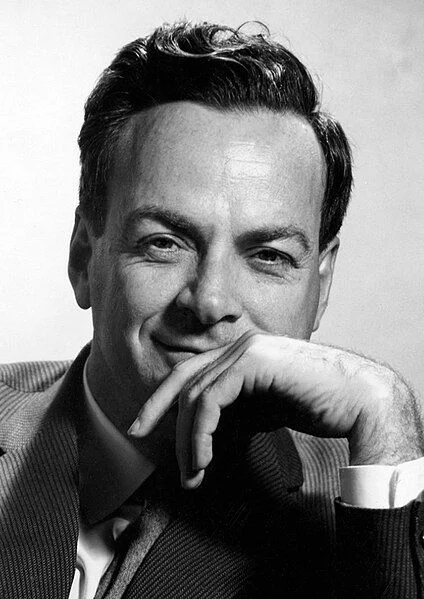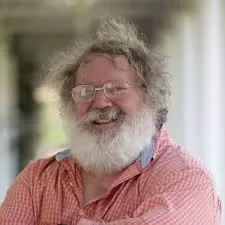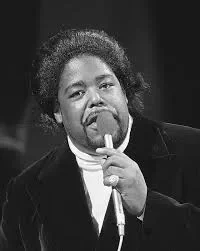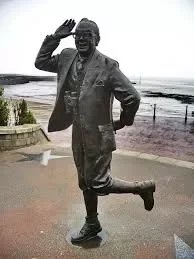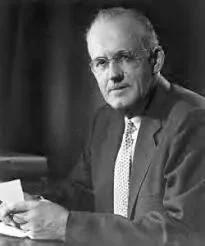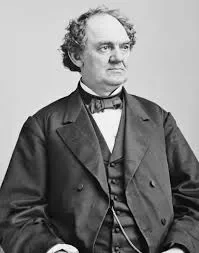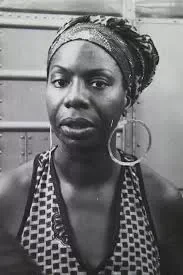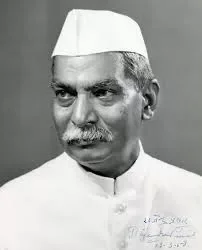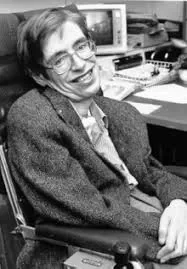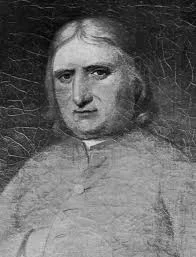Real Celebrities Never Die!
OR
Search For Past Celebrities Whose Birthday You Share
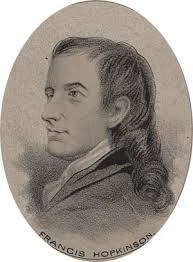
source:gstatic.com
Francis Hopkinson
Birthday:
02 Oct, 1737
Date of Death:
09 May, 1791
Cause of death:
Apoplectic seizure
Nationality:
American
Famous As:
Author
Age at the time of death:
53
Francis Hopkinson's Quote's
Early Life and Education
Francis Hopkinson, born on October 21, 1737, in Philadelphia, Province of Pennsylvania, was an influential American Founding Father, lawyer, jurist, author, and composer. His contributions to the early history of the United States are undeniable. Hopkinson pursued education at the College of Philadelphia, where he earned a Bachelor of Arts degree in 1757 and a Master of Arts degree in 1760. His early passion for music emerged in 1759 when he became the first native American composer of a secular song.
Musical and Diplomatic Beginnings
Beyond music, Hopkinson had a diverse career that extended into diplomacy and law. In 1761, he served as the secretary for a commission that negotiated a treaty between the Provincial Council of Pennsylvania and certain Native American tribes. He spent a year in England from 1766 to 1767, further expanding his diplomatic experience. After returning to Philadelphia in 1768, he entered private practice and engaged in trade, dealing in fabric and port wine. That same year, he became a member of the American Philosophical Society, showcasing his dedication to intellectual and cultural pursuits.
Political Career and Role in the Continental Congress
Hopkinson’s career in politics began in earnest when he served as a delegate to the Second Continental Congress from June 21, 1776, to November 18, 1776. During his time in Congress, he played a vital role in the signing of the Declaration of Independence as a representative of New Jersey. This act solidified his place in American history as one of the nation’s Founding Fathers.
Public Service During the American Revolution
Francis Hopkinson’s public service extended beyond Congress. He chaired the Navy Board in Philadelphia from November 18, 1776, to mid-August 1778, navigating the complexities of governance during the American Revolution. He also served as treasurer for the Continental Loan Office in Philadelphia and as a judge of the Admiralty Court of Pennsylvania. In 1780, while serving in the Admiralty Court, he faced impeachment on charges of corruption. However, he was acquitted after a trial, showing his resilience and commitment to justice.
Judicial Appointment and Contributions to Law
In 1789, Hopkinson reached a new height in his legal career when President George Washington nominated him to serve as a federal judge in the Eastern District Court of Pennsylvania. This appointment was a testament to his legal expertise and his dedication to the new nation’s founding principles. His work in law was as impactful as his contributions to politics, further solidifying his legacy.
Musical Achievements and Cultural Contributions
In addition to his legal and political roles, Francis Hopkinson continued his work as a composer and musician. He contributed to the cultural fabric of early America, writing political satires and popular airs. His most notable composition, “My Days Have Been So Wondrous Free,” made him the first American-born composer to leave a lasting mark in the field of music. His work helped shape the early American musical landscape.
Later Life and Legacy
Tragically, Francis Hopkinson passed away suddenly on May 9, 1791, in Philadelphia due to an apoplectic seizure. He was 53 years old. His life was rich with accomplishments in law, politics, and music. As a signer of the Declaration of Independence and a key figure in early American history, Hopkinson’s legacy continues to be remembered as that of a multi-talented leader who contributed significantly to the founding and cultural development of the United States.
Conclusion: A Multifaceted Legacy
Francis Hopkinson was more than just a Founding Father; he was a man of many talents who shaped the legal, political, and cultural fabric of early America. From his role in signing the Declaration of Independence to his contributions as a composer, Hopkinson’s impact is felt across multiple domains. His life serves as a reminder of the importance of intellectual curiosity and dedication to one’s country, a legacy that will endure for generations.
Name:
Francis Hopkinson
Popular Name:
Francis Hopkinson
Gender:
Male
Cause of Death:
Apoplectic seizure
Spouse:
Place of Birth:
Philadelphia, Province of Pennsylvania, British America
Place of Death:
Philadelphia, Pennsylvania, U.S.
Occupation / Profession:
Personality Type
Consul: Extraordinarily caring, social and popular people, always eager to help. He was very caring and helpful.
He composed numerous songs and musical pieces, contributing significantly to the development of early American music.
He invented a musical instrument called the "Bellarmonic," similar to a dulcimer.
He served as a judge in Pennsylvania's admiralty court and later as a U.S. district court judge
Hopkinson wrote satirical essays and pamphlets that influenced public opinion during the American Revolution, including works like "A Pretty Story" and "The Political Catechism"
He also designed Seal for various government departments of the United States.
He helped design the seal of the state of New Jersey
Hopkinson designed Continental paper money
Hopkinson designed the original Orrery Seal of the University of Pennsylvania.
Hopkinson is credited as America’s first composer of secular music, with his song “My Days Have Been So Wondrous Free”
It is believed that he designed the official flag of the United States.

